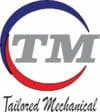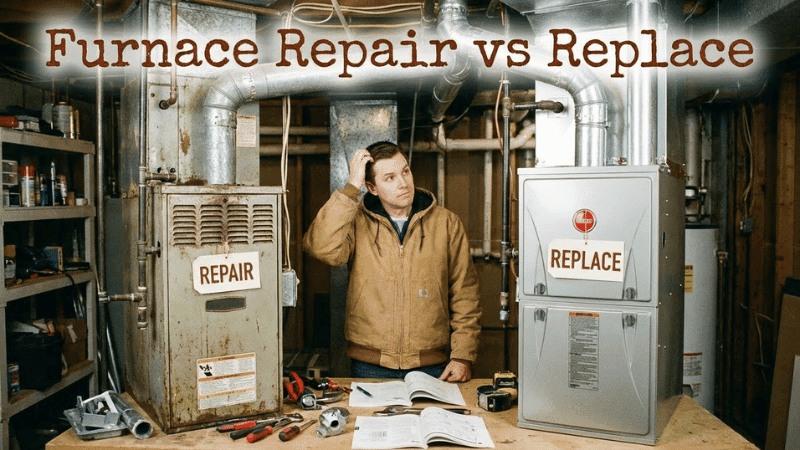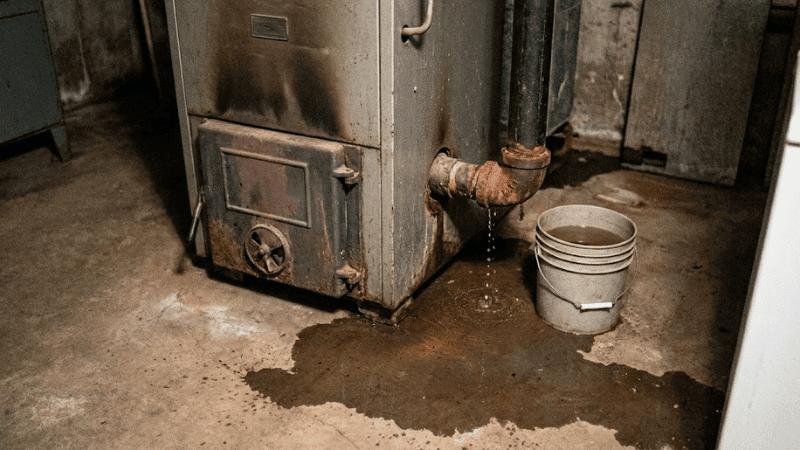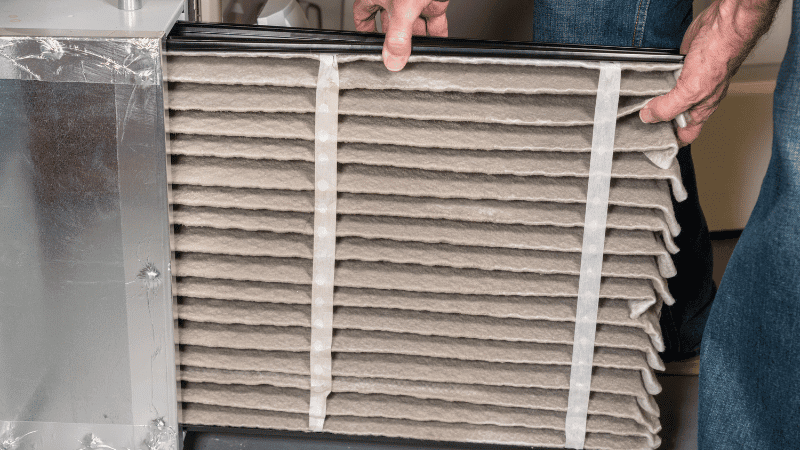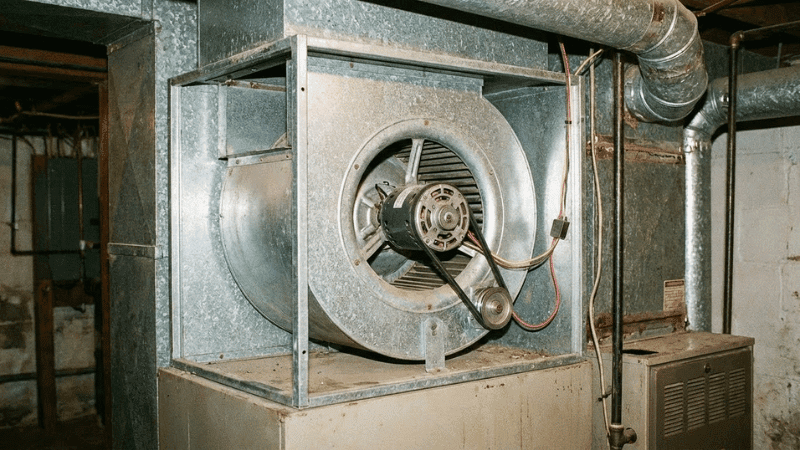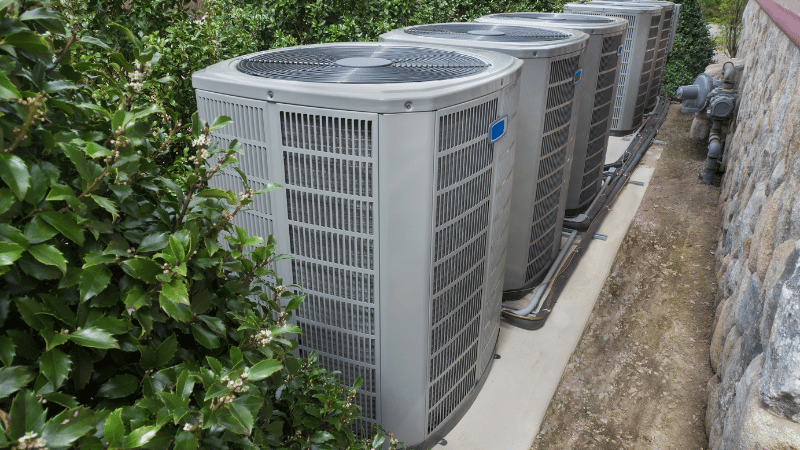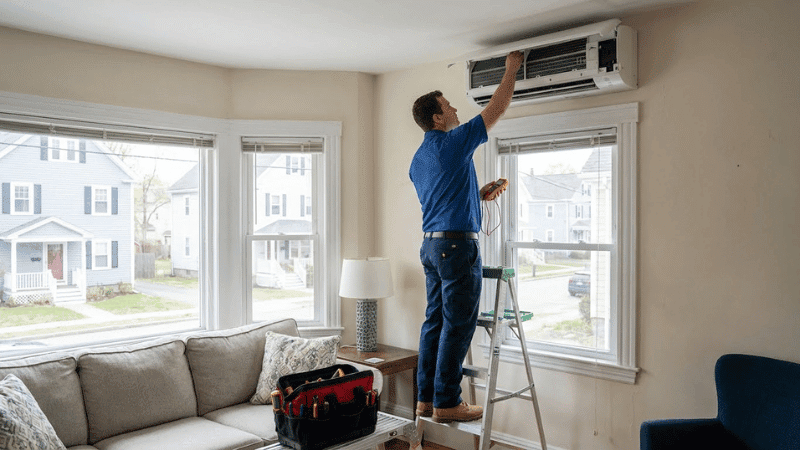What do HVAC techs charge per hour?
Ever wondered, “What do HVAC techs charge per hour?” You’re not alone. Whether you’re facing a broken AC unit in July or a malfunctioning furnace in December, understanding the true cost of HVAC services can save you from sticker shock and bad hires.
When it comes to hiring an HVAC technician, the price tag often varies wildly. Some customers are quoted $65/hour, while others see rates soar above $150/hour. Why? Because HVAC labor costs depend on more than just the time spent on-site.
Here’s what typically affects the HVAC hourly rate:
- Type of service: Basic tune-ups, AC repair, or full system replacement
- Technician experience: Certified vs. apprentice rates
- Time of service: Regular vs. emergency HVAC repair
- Location: Urban vs. rural or high cost-of-living areas
Service Type | Typical Hourly Rate |
Basic Maintenance | $65–$100 |
Emergency Repair | $140–$200+ |
Commercial HVAC Services | $100–$200+ |
In this guide, we’ll break down the HVAC service call cost, explore hidden charges, and help you compare flat rate vs hourly rate pricing so you know exactly what you’re paying for and why.
Factors That Influence HVAC Technician Rates
So, why do two homeowners in different states pay totally different prices for the same HVAC repair? Because HVAC hourly rates aren’t one-size-fits-all. A bunch of behind-the-scenes factors determine whether you’re charged $75/hour or $200/hour and knowing these can help you make smarter decisions (and save some serious cash).
Let’s break down the main factors that influence HVAC technician rates:
1. Geographic Location
Where you live can have a huge impact on your HVAC service call cost. In areas with a higher cost of living, labor tends to be more expensive.
- Big cities = higher technician wages = higher hourly rates
- Rural areas may be cheaper, but you could pay extra travel charges
Example: A technician in NYC might charge $150/hour, while someone in a small town could do the same work for $85/hour.
2. Job Complexity & Type of System
Not all HVAC jobs are created equal. Swapping a thermostat? Simple. Replacing a compressor in an industrial-grade AC unit? That’s a different story.
Some systems that raise the bill:
- Heat pumps and ductless mini-splits
- Commercial rooftop units
- Systems that need custom parts or have refrigerant leaks
The more complex the issue, the longer it takes and that raises your HVAC repair service rate.
3. Technician Experience & Certifications
Let’s be real: a rookie tech won’t charge the same as a certified HVAC technician with 15 years under their belt. And for good reason. You’re not just paying for labor you’re paying for peace of mind.
Expect to pay more if the technician has:
- NATE certification or specialty training
- Years of experience in HVAC troubleshooting
- Positive reviews or a great track record
A certified pro might charge $125+/hour, while a newer tech may fall closer to $75/hour.
4. Time & Urgency
Emergencies come at a premium. If your furnace dies during a blizzard or your AC breaks during a heatwave, prepare to pay emergency HVAC repair rates.
Here’s how timing plays into pricing:
- Weekends/holidays = higher fees
- After-hours calls = even higher
- Same-day service = premium rates
Many companies bump rates from $100/hour to $200+/hour when urgency kicks in.
Bottom line: the next time you hear a quote, remember it’s not just about the hours worked. It’s about when, where, how hard, and who’s doing the job.
Residential vs. Commercial HVAC Rates: What’s the Difference?
If you’ve ever compared the bill from a home HVAC service call to one at your workplace, you might’ve noticed a big jump in pricing. That’s no accident residential and commercial HVAC rates are in totally different leagues.
Let’s unpack why.
Residential HVAC Pricing
For homeowners, most HVAC technicians charge between $75 and $150 per hour, depending on the job. The cost usually includes:
- Basic diagnostics and tune-ups
- AC repair or furnace repair
- Parts like filters, thermostats, and blower motors
A typical HVAC service call cost for a home system ranges from $100 to $250. And if it’s after hours or an emergency? You might pay closer to $300+.
Commercial HVAC Pricing
Now enter the commercial world restaurants, offices, retail stores. These systems are bigger, more complex, and serve higher demands. That’s why commercial HVAC technician rates often range from $100 to $200+ per hour.
Why the higher cost?
- Larger systems (like rooftop units or industrial heat pumps)
- Advanced diagnostic tools required
- Technicians with specialized training and certifications
- Strict building codes and inspection requirements
Plus, these jobs often require multiple techs, longer hours, and expensive equipment.
Key Cost Differentiators
Factor | Residential | Commercial |
Hourly Rate | $75–$150 | $100–$200+ |
System Size | Small to medium | Large, industrial-grade |
Complexity | Moderate | High |
Maintenance Contracts | Optional | Often long-term/required |
Whether you’re cooling a cozy living room or a bustling office floor, it’s clear: HVAC service rates scale with system size, complexity, and expectations.
Common HVAC Jobs & Their Hourly Rate Impact
Not all HVAC jobs are created equal and neither are their price tags. The work you need done plays a huge role in what an HVAC technician charges per hour. Whether it’s a quick fix or a full system overhaul, each task comes with its own cost implications.
Let’s break down the most common HVAC jobs and how they affect your bill.
1. HVAC Tune-Ups & Preventative Maintenance
Think of this like a yearly check-up for your system. It’s not flashy, but it saves you big in the long run. A routine HVAC tune-up generally costs between $70 and $200, and most techs will spend about an hour or two on the job.
Includes:
- Cleaning the indoor coil and blower motor
- Inspecting the thermostat and electrical components
- Checking for potential refrigerant leaks
These visits are usually scheduled during the off-season, which can mean lower HVAC service call costs.
2. AC Repair & Diagnostics
When your air conditioner goes rogue in the middle of July, that’s where diagnostic HVAC services kick in. Depending on the issue, you could be looking at $135 to $450 just in hourly labor.
Typical repairs:
- Refrigerant recharge ($250–$600+)
- Thermostat replacement ($250–$750+)
- Evaporator coil or capacitor repairs
Minor issues are done in under an hour, but more complex jobs can stretch into multiple service hours especially if replacement parts are involved.
3. Furnace Repairs
Your furnace repair cost depends on what went wrong. A simple fix may run $150, while serious problems like a blower motor replacement can hit $1,000 or more.
Common jobs include:
- Cleaning or replacing flame sensors and filters
- Swapping out broken limit switches
- Diagnosing gas valve issues
Furnace jobs can get pricey fast, especially in winter when emergency HVAC repair rates come into play.
4. Full System Replacements
If your unit is beyond saving, replacing the whole HVAC system will run several thousand dollars but it starts with hourly labor rates between $100 and $150, depending on complexity. Expect longer timelines and often a team of techs on-site.
The job impacts every cost element: labor, materials, disposal fees, and installation complexity.
Knowing what type of work you need is key to understanding the hourly rate you’re quoted and helps you avoid getting blindsided when the bill arrives.
Hidden Costs to Watch Out For
You’ve seen the hourly rate, got a quote, and think you’re all set until the invoice shows up with a few extra surprises. Yep, we’re talking about hidden HVAC costs that sneak into your bill. These aren’t scams; they’re just often-overlooked charges that can really add up if you’re not paying attention.
Here are the most common ones:
1. Permit Fees
Some local governments require permits for HVAC installations or major repairs. These can range from $50 to over $300, depending on your city. Always ask if permits are needed and whether they’re included in your estimate.
2. Material Markups
Need a new compressor or air filter? Techs usually bring the parts and they often charge a markup. It’s standard practice, but the price can be 30–50% higher than retail.
3. Travel & Fuel Charges
If you’re outside their typical service area, some companies tack on travel charges especially for rural or remote jobs. That can be an extra $25 to $75 just to get someone to your door.
4. Inspection or Diagnostic Fees
Even if you don’t go forward with the repair, some techs still charge a diagnostic service fee, which may be between $75 and $150. Clarify this before booking.
5. Emergency or After-Hours Surcharges
Need help on a Sunday night? Expect emergency HVAC repair rates that can double your hourly fee.
Knowing these potential add-ons gives you a leg up when comparing quotes. Ask upfront, and you won’t be blindsided by the extras.
How to Get Transparent HVAC Pricing from Contractors
Let’s be honest HVAC service call costs can feel like a mystery unless you ask the right questions. The good news? You don’t have to play guessing games. Getting clear, honest pricing from your HVAC contractor just takes a bit of know-how.
Here’s how to avoid surprises:
1. Ask the Right Questions Upfront
Before scheduling anything, ask:
- “Do you charge a flat rate or hourly rate?”
- “Is the diagnostic fee included if I move forward with the repair?”
- “Are there any emergency HVAC repair surcharges?”
2. Get Multiple Quotes
Prices vary. Always get 2–3 HVAC repair estimates to compare:
- Hourly labor rate
- Cost of parts (watch for material markups)
- Any trip or permit fees
3. Request a Written Estimate
Don’t rely on verbal promises. A written estimate locks in:
- The scope of work
- Projected HVAC technician hourly rate
- All associated costs and conditions
4. Check Credentials
Look for licensed, insured, and certified HVAC professionals. The cheapest quote isn’t always the best reputation and experience matter when it comes to quality and long-term savings.
By being proactive, you’ll get accurate, transparent pricing that keeps your project on budget and stress-free.
Tips to Save on HVAC Service Costs
Let’s face it HVAC technician hourly rates can add up fast. But here’s the good news: there are smart ways to cut costs without cutting corners.
1. Schedule Off-Season Appointments
Need an AC tune-up? Book it in spring or fall. Avoid peak summer and winter when emergency HVAC repair rates skyrocket due to high demand. Techs have more availability, and some companies even offer seasonal discounts.
2. Invest in Preventative Maintenance
A yearly HVAC maintenance plan might feel like an extra cost, but it’s way cheaper than dealing with a compressor replacement or surprise furnace repair down the line.
Look for plans that include:
- Priority service
- Annual system inspections
- Discounts on parts and labor
3. Know When to Repair vs. Replace
Sometimes, it’s more cost-effective to upgrade your system than to keep fixing it. If your unit is over 12–15 years old and you’re facing constant repairs, consider switching to a high-efficiency HVAC system. You’ll save money on energy bills and cut down on future HVAC repair costs.
4. Compare Quotes Before Committing
Always get at least two estimates. Not all HVAC service call costs are created equal, and comparing pricing gives you more negotiating power.
Smart choices now = less stress (and expense) later.
CONCLUSION
Understanding what HVAC techs charge per hour isn’t just about spotting a number it’s about knowing what’s behind that number. From the type of job to your location and the technician’s experience, there are several moving parts that shape your HVAC service call cost.
Here’s what to keep in mind:
- Expect average HVAC labor rates between $75 and $150/hour
- Emergency repairs and after-hours service will cost more
- Commercial jobs are generally priced higher than residential ones
- Always watch for hidden fees like material markups or permit charges
If you want to stay ahead, ask smart questions, compare quotes, and don’t skip your routine HVAC maintenance.
In the long run, investing in a trustworthy technician and staying proactive will save you far more than hunting for the cheapest hourly rate. After all, a properly working heating and cooling system is worth every penny.
